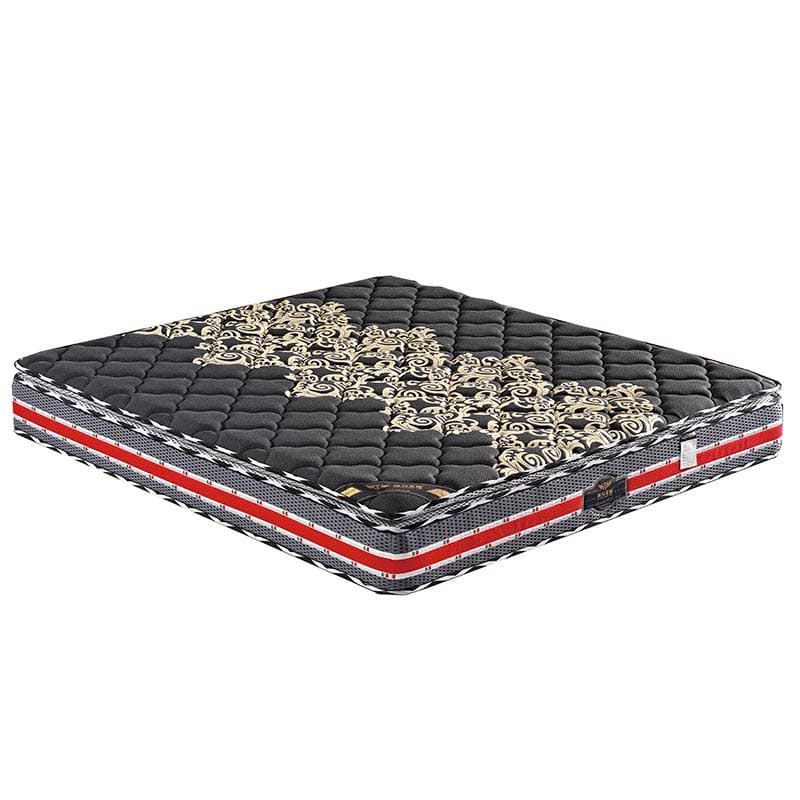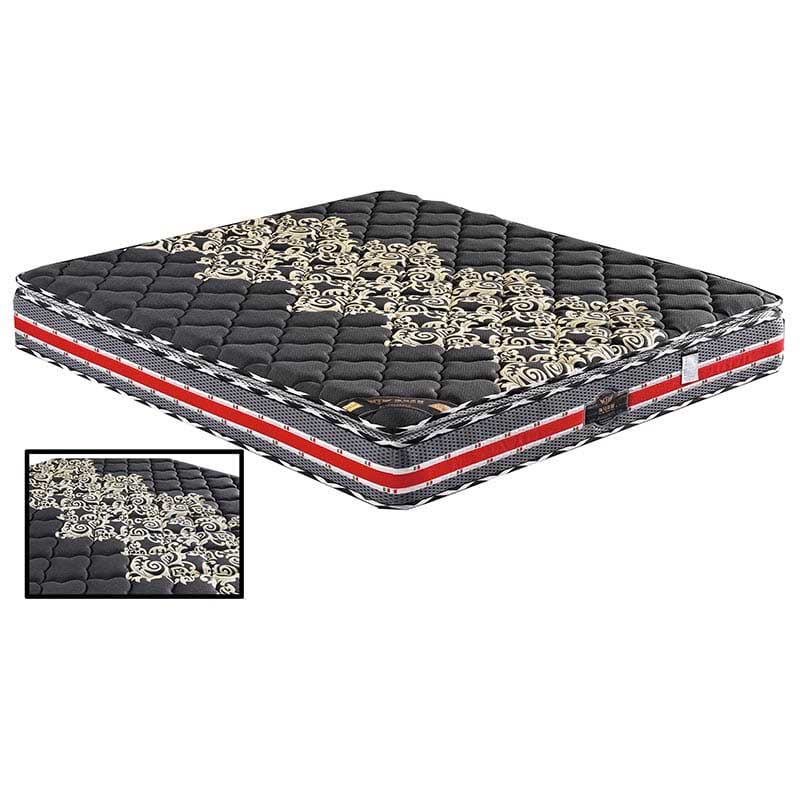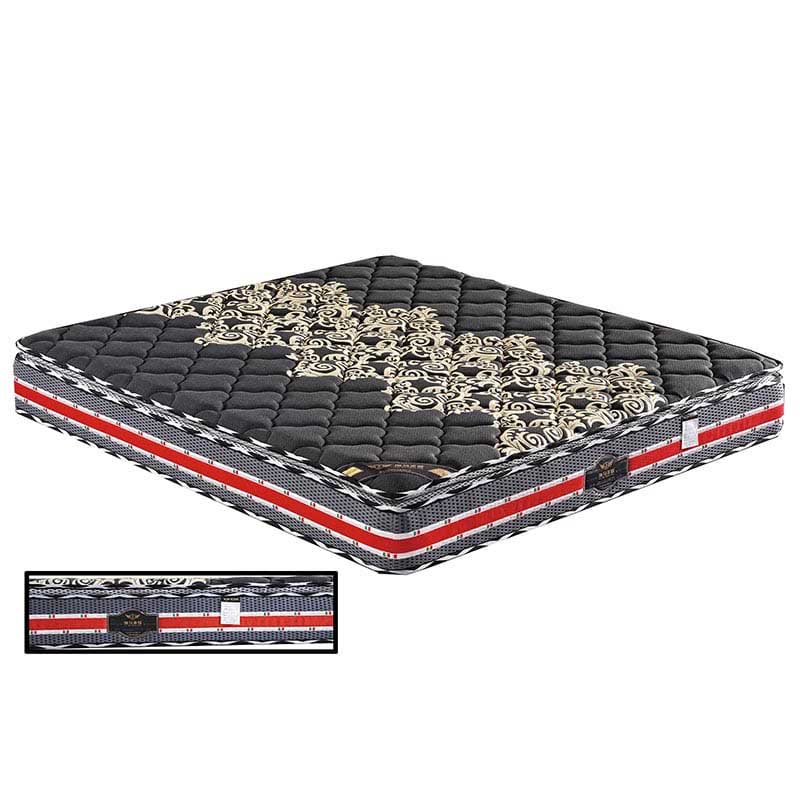 Jakey Chan
Jakey Chan  September 30,2025
September 30,2025
What's good mattress? We know that different people have different standards for good mattress. Then how do we know is it good mattress for ourselves. The best way to answer that is to ask our body.

1. Does your body like soft or hard?
The mattress is too stiff, the waist and back are not supported properly, and the spine cannot maintain a normal curvature, which makes the shoulders and hips compressed, which is not comfortable; the mattress is too soft, the spine bends down, and the waist is easy to fatigue in severe cases, it may cause backache, so the mattress should be soft and moderate. You can't pick a mattress by its softness or rigidity. The trick is: sit at the edge of the mattress first, and when you stand up, if you find that the mattress has just sat down, it means the mattress is too soft. You can lie flat on the bed and try to insert the palm of your hand into the gap between the waist and the mattress. If the hand can easily penetrate the gap, it means that the bed is too hard; If you choose a double mattress, it is best to test it with your sleeping partner. The heavier one can turn around on the mat to see if the shaking of the mattress will affect the other party.

2. Does your body thick or thin?
The thickness of the mattress has no inevitable relationship with its supporting force. Especially for spring mattresses, if the thickness of the spring does not change, thickening the bottom padding is only for better comfort rather than supporting force. A latex mattress with a thickness of about 20cm and a high density, plus a hardwood bottom, provides sufficient support, but the latex is used for a long time, the surface is easy to harden, thereby reducing the elasticity; if the spring mattress is durable, A spring with a thickness of 15 to 22cm is ideal.

3. Does your body like more spring or less?
The quality of the mattress cannot be judged solely by the number of springs. The type and density of the spring will also affect its supporting capacity. Independent springs have stronger supporting f